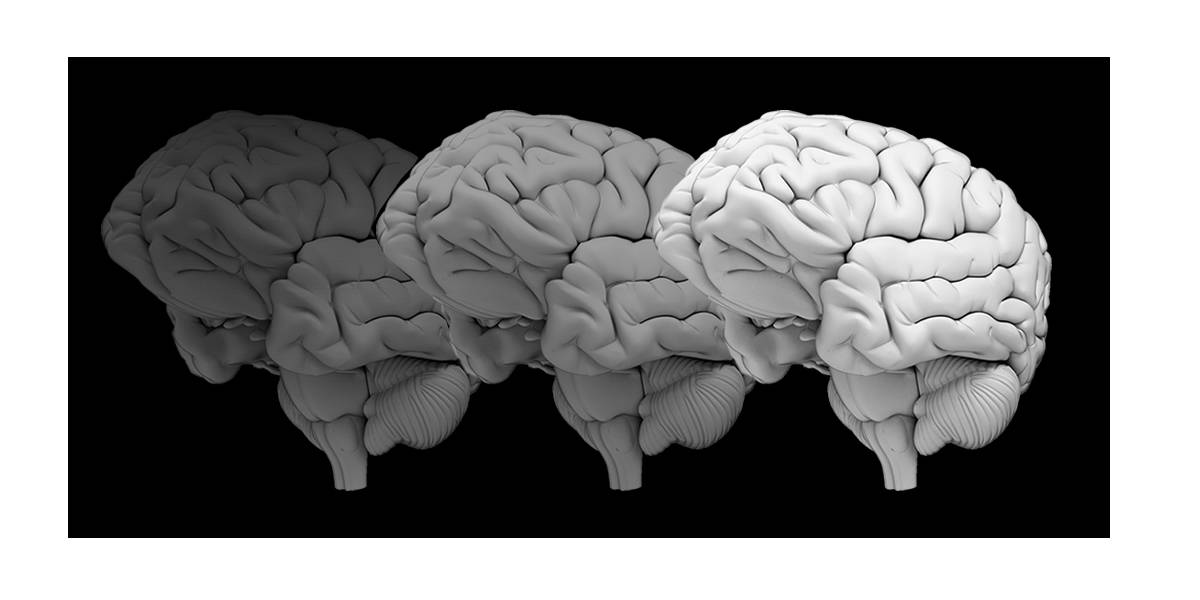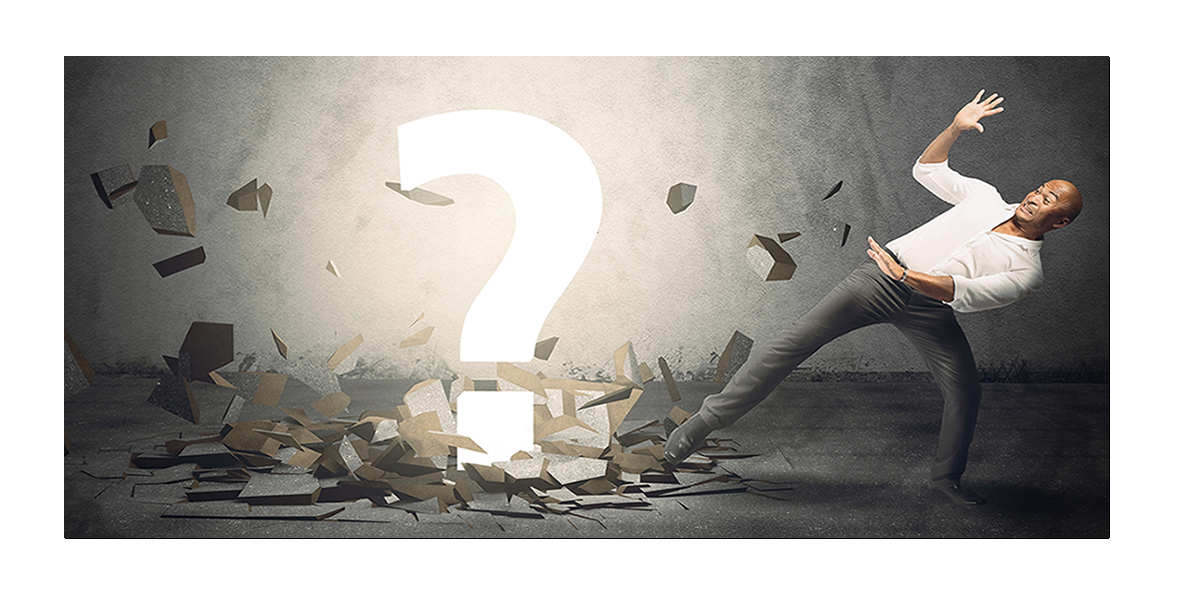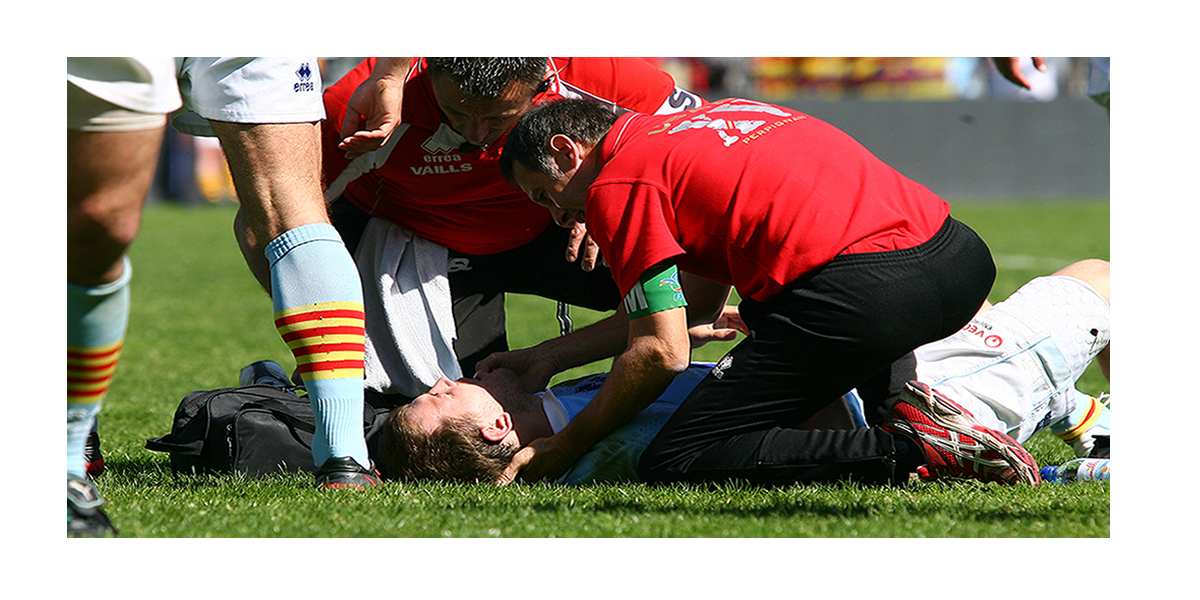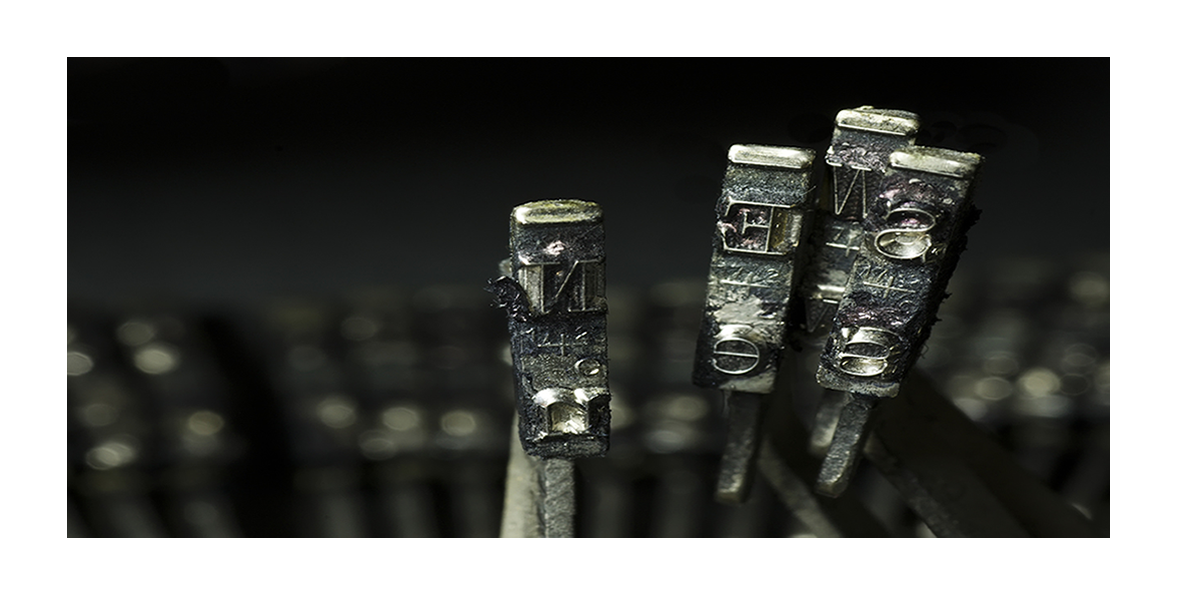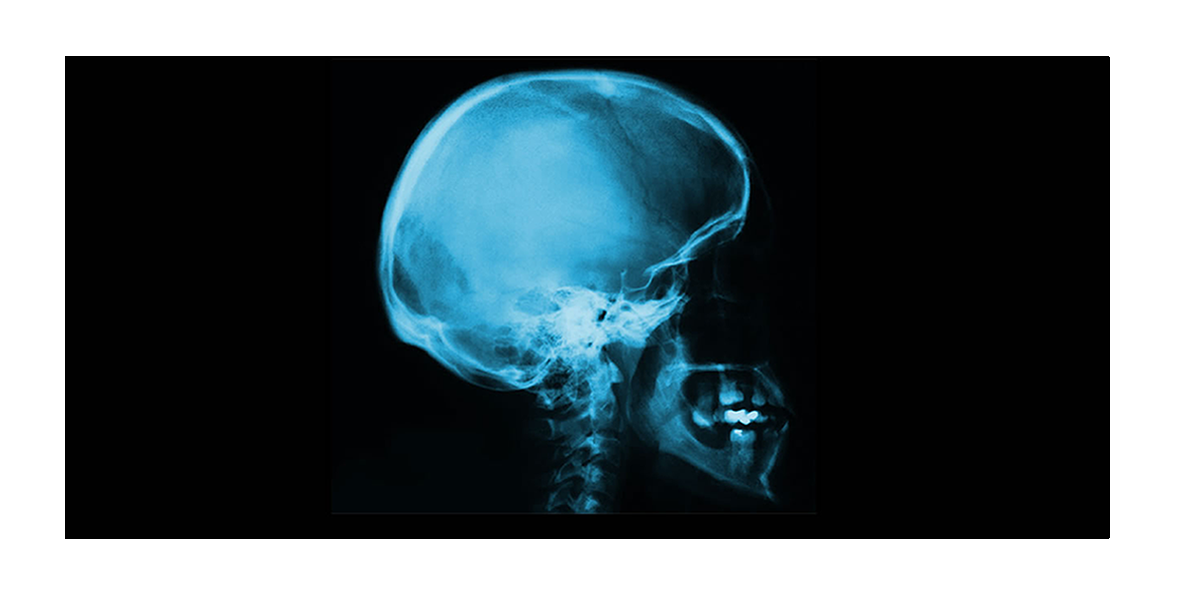|
Richard Hammond is inspiring braininjured youngsters
|
|
| Mirror By Rachael Bletchley May 14, 2011 |
|
|
As he recovered from his near-fatal car smash, Top Gear presenter Richard Hammond
received thousands of letters from well-wishers. But, five years on, there’s one special note which still brings a lump to his throat. A teenage boy recovering from a brain injury had summoned all his powers of concentration to write to the star. The simple message of hope moved Richard deeply as he battled back to health after crashing a jet-powered dragster at 288mph during a land-speed record bid. And the Mirror motoring columnist has revealed how it still inspires him to help other braininjured children – and their parents – on the long journey to recovery. Richard, 41, recalls: “He was a 16-year-old kid who’d had an accident on his dirt bike and suffered a brain injury. For some reason he had felt compelled to write to me – to connect on simple, human terms. “It wasn’t because I was a celeb but because I was someone having the same terrifying experience as him. “It was a few pages long and such a stark, honest and candid account of what he’d been through that I was really amazed and deeply touched. For a 16-year-old kid to have done that was just incredible. He really gave of himself. It was intensely personal and he was sharing things he probably didn’t tell his mates in case they thought it was a sign of weakness. He just knew at some point I’d feel the same and it might help. “It was such a wonderful thing to do and proves to me that people who have recovered from brain injuries really want to talk about it and try and help others.” The mystery lad’s letter is one of the reasons dad-of-two Richard agreed to become vice-president of The Children’s Trust charity, which provides intensive rehabilitation for youngsters with brain injuries. And to mark Brain Injury Awareness Week, he has told of his visits to the “inspirational” centre in Tadworth, Surrey. “It is an overwhelming and incredible place,” says Richard, who has two daughters Izzy, 10, and Willow, seven, with his wife Mindy, 41. “It really strikes a chord with me because I am deeply aware of what some of those kids are going through. “Yet, at the same time, as a dad, I don’t know how their parents cope. “I can’t bear to think of any harm coming to my girls and I think, ‘How do they do it? I couldn’t deal with that.’ But then you see they ARE coping and there is even laughter and hope and fun to be had thanks to the incredible work of the Children’s Trust – it’s inspirational.” Chatting to the youngsters’ loved-ones is a reminder to Richard of what Mindy, his “rock”, had to endure in the aftermath of his crash in September 2006. Richard, known as Hamster to millions of fans, had been driving the powerful Vampire car at an airfield in York and had already reached 314mph – an unofficial British record – before making a final run in front of the Top Gear cameras. But, as he raced up to 288mph, the Vampire hurtled out of control when a tyre burst. Richard said later: “I was upside-down and inhaling a field. My nose and eyes were full of earth. I’d gone ploughing on my head! My very last thought was, ‘Oh bugger, that’s gone wrong. Well, we’re checking out now. You’ve had it’.” He was flown to hospital where doctors diagnosed a serious brain injury. Mindy raced to his side from their Gloucestershire home and for two days waited to see if he would live – and if he had permanent brain damage. She then spent five weeks with him in hospital as he emerged from “complete blankness – the scariest thing that ever happened to me”. Mindy watched him regress to a childlike state, struggle with agonising pain, amnesia, spatial awareness and severe depression. Richard says: “It was awful for Mindy. Emotionally it was a rocky road and a long one. But, thankfully, now I’m better it doesn’t impact on us as a family on a daily basis. “My girls don’t talk about it. Occasionally one of them will say, ‘Don’t bang your head and have to go to hospital, Daddy’, but that’s it. Fortunately they were very young when it happened. “Not a day goes by when I don’t think of it in some way. It was a big thing – but I am very, very, very lucky to have come through it entirely healed. “For the first few years I’d think, ‘I’m doing OK, I feel really well’ but then six months down the line I’d realise I was feeling much better, so I obviously wasn’t OK before. “And then my recovery blended in to me turning 40 – becoming middle-aged. So I’m not sure if it was the brain injury or if I was having a mid-life crisis! We are not aware of our brains until we damage them. I’ve had privileged access into the workings of my brain...privileged because I got better.” Richard has met youngsters at the Tadworth rehab centre with brain injuries caused by accidents and illness. He says: “I met one lady whose boy was 10. He’d been happily playing cricket with his friends one day, then the next day absolutely everything changed – just from a virus that affected his brain. “It reminds you that brain injuries don’t just affect blokes who drive high-speed cars – it could be a child choking and being starved of oxygen, a teenager falling off a skateboard or missing their footing while getting on the bus. You can injure your brain in all sorts of ways. There is still a stigma about brain injury because we are TERRIFIED of it. “Our brain is who we are, where we live and, if we damage that, none of us want to confront that possibility. “I can’t advise them, or say anything directly helpful because I’m not in their shoes – but the simple act of talking it through seems to be helpful.” Richard is still amazed by the outpouring of love and support from the public following his own accident. He says: “People are incredibly kind. Mind you, I was in a cab the other day and the driver said, ‘Oh yeah, that crash you had really boosted your profile, didn’t it?’ “His comment really hurt – but then I thought, ‘Well, if having a profile means I can raise awareness of brain injuries, that’s a good thing’. “The messages I had from around the world showed that people think of me as a mate, as I’m in their homes on TV. They come up and ask, ‘So, are you all right?’ and talk about my injury quite openly. “They wouldn’t ask a stranger but when a celebrity hurts themselves they can – and I hope they keep on asking.”
|

